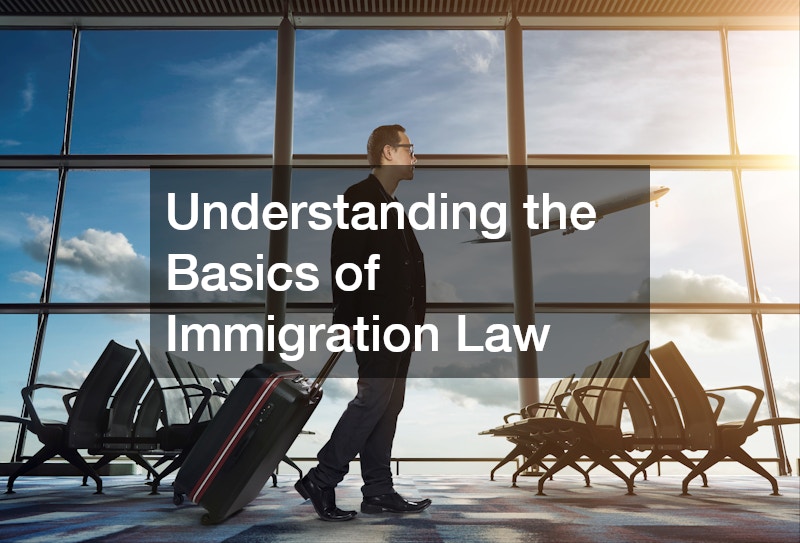

Immigration law governs the process by which individuals can enter, live, and work in a foreign country. It encompasses a range of regulations and policies that dictate who is eligible for visas, residency, and citizenship. For those seeking to move to the United States, it’s important to understand the different types of visas, including work visas, student visas, and family-sponsored visas. Each type has specific eligibility requirements, and the application process can be complex and time-sensitive.
Beyond visas, immigration law also covers legal pathways to permanent residency, commonly known as green cards. Individuals may obtain green cards through family sponsorship, employment, or humanitarian programs such as asylum. Understanding your options is crucial to ensure that you meet the necessary qualifications and deadlines. Consulting with an immigration attorney can help you navigate these processes and avoid potential legal complications.
Finally, immigration law also addresses deportation and removal proceedings. If an individual is found to be in violation of immigration laws, they may face legal action that could result in deportation. Staying informed about the rules and maintaining legal status is vital for anyone living in a foreign country. Understanding the basics of immigration law is the first step toward ensuring a smooth transition to life in a new country.

